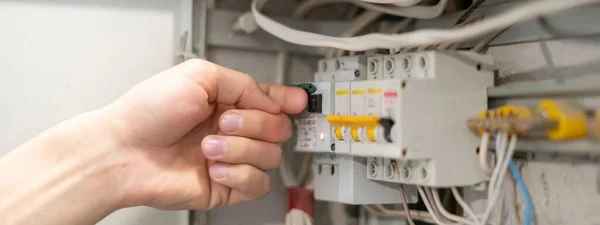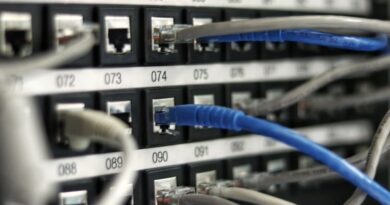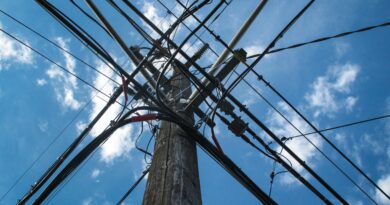Why You Need a Professional Electrical Safety Audit
Blog Post: Enhancing Electrical Safety: Why You Need a Professional Electrical Safety Audit.
Introduction
Electrical safety is a critical aspect of maintaining a safe and secure environment in your home or business. To ensure that your electrical system is in optimal condition and free from potential hazards, it is essential to conduct a professional electrical safety audit. In this blog post, we will delve into the importance of a professional electrical safety audit and why it is a crucial step toward enhancing electrical safety.
The Importance of a Professional Electrical Safety Audit
Expertise and Knowledge
Professional electrical safety auditors possess the necessary expertise and knowledge to thoroughly assess your electrical system. They have a deep understanding of electrical codes, regulations, and industry best practices. Their specialized training allows them to identify potential hazards, evaluate system performance, and provide valuable insights and recommendations for improvement.
Comprehensive Evaluation
A professional electrical safety audit involves a comprehensive evaluation of your electrical system. Auditors meticulously examine various components, including wiring, circuit breakers, outlets, switches, grounding, and protective devices. They check for signs of wear, damage, improper installations, and non-compliance with safety standards. This thorough assessment ensures that all aspects of your electrical system are scrutinized for potential risks.
Hazard Identification and Mitigation
One of the primary objectives of a professional electrical safety audit is to identify potential hazards and mitigate risks. Auditors are trained to recognize warning signs of electrical hazards, such as outdated wiring, overloading, inadequate grounding, and improper installations. By identifying these hazards early on, appropriate measures can be taken to eliminate or minimize the risks, reducing the likelihood of electrical fires, shocks, or accidents.
Compliance with Safety Standards
Electrical safety audits help ensure that your electrical system complies with the required safety standards and regulations. Compliance is crucial to meet legal obligations and safeguard the well-being of occupants. By adhering to safety standards, you demonstrate a commitment to providing a safe environment for everyone, whether it’s your family, employees, or customers.
Peace of Mind
By conducting a professional electrical safety audit, you gain peace of mind knowing that your electrical system has been thoroughly evaluated by experts. The audit report will provide a comprehensive overview of the condition of your electrical system, highlighting any issues or potential risks. Addressing these concerns will help create a safer environment, reducing the chances of electrical accidents or emergencies.
The Process of a Professional Electrical Safety Audit
Engage a Qualified Professional
Start by engaging a qualified professional electrical safety auditor. Look for individuals or companies with relevant certifications, licenses, and a proven track record in conducting electrical safety audits.
Inspection and Assessment
The auditor will conduct a detailed inspection of your electrical system. They will evaluate the condition of wiring, assess the functionality of electrical components, verify the integrity of protective devices, and analyze overall system performance. They may also perform tests and measurements to gather accurate data.
Identification of Hazards and Non-Compliance Issues
During the audit, the professional auditor will identify any electrical hazards, potential risks, or areas where your system may not comply with safety standards. This may include outdated equipment, faulty wiring, inadequate grounding, or improper installations. The auditor will document these findings for further analysis and recommendations.
Recommendations and Corrective Actions
Based on the audit findings, the professional auditor will provide detailed recommendations for necessary repairs, replacements, or upgrades. They will prioritize the identified issues based on their severity and potential impact on safety. The recommendations may include immediate actions as well as long-term strategies to enhance electrical safety.
Implementation and Follow-up
Once the recommendations have been provided, it is essential to take prompt action to address the identified issues. Work with qualified electricians or contractors to carry out the necessary repairs or upgrades. Additionally, establish a plan for regular maintenance and follow-up inspections to ensure the continued safety and reliability of your electrical system.
Conclusion
Investing in a professional electrical safety audit is a proactive measure that significantly enhances electrical safety. By engaging qualified auditors, conducting a comprehensive evaluation, identifying potential hazards, ensuring compliance, and implementing recommended actions, you create a safer environment for your home or business. Prioritize electrical safety and take the necessary steps to protect yourself, your loved ones, and your valuable assets.



